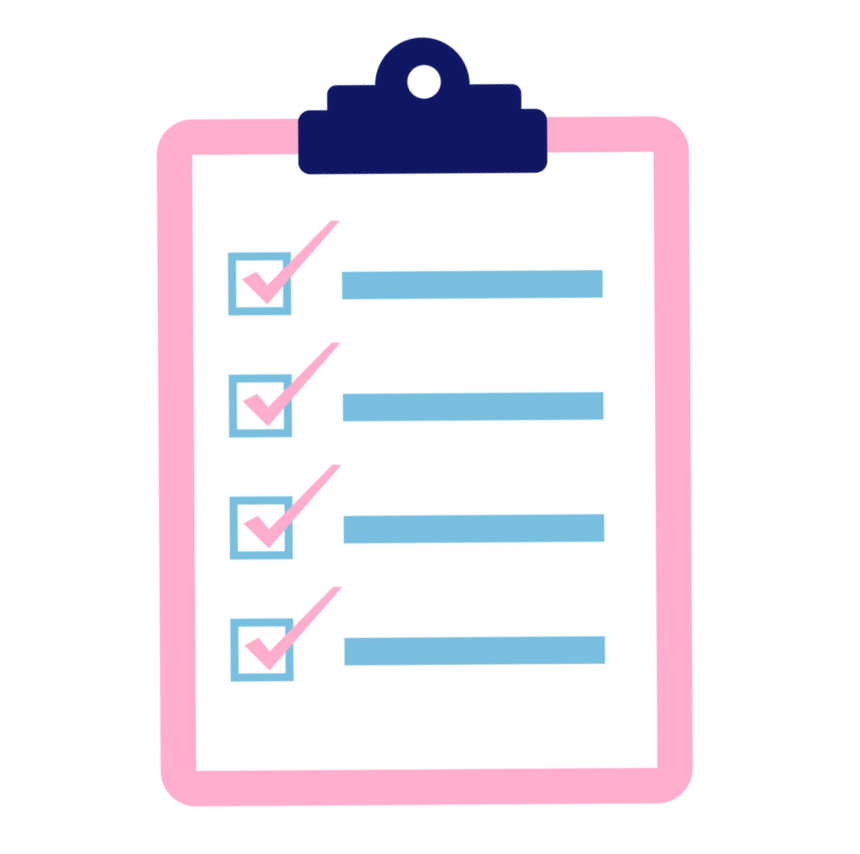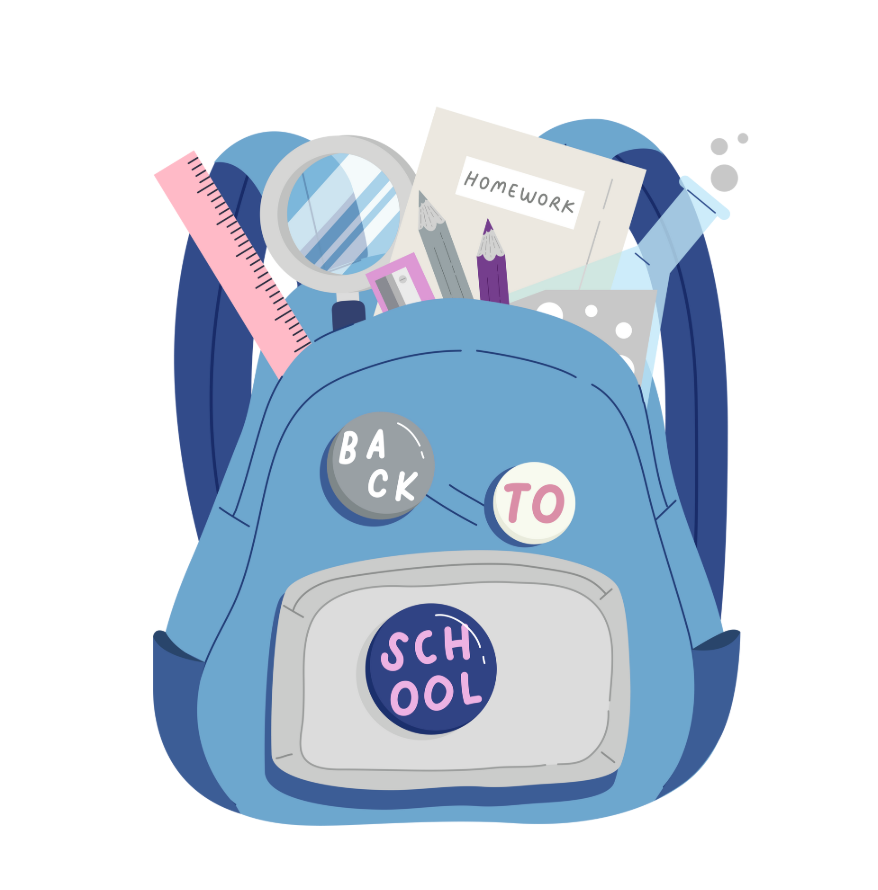Everything we need to know about EHCPs
- Claire Cook

- Aug 14, 2025
- 7 min read
Updated: Aug 15, 2025
I don't know about you, but as a parent carer myself, I've learned a lot about my daughter's (and my!) needs over time. As parents we intuitively learn what makes for a calmer situation, and what can exacerbate things for our child. We bend our life to meet these needs, to give them (and us) the best opportunity to thrive. For example, I know my daughter is much happier and more cooperative if she can have a morning routine that matches her pace, not the taxi's timetable (sigh).
So trusting what we know about our children and what keeps them safest, happiest and able to thrive, how can we build that framework of support for them at school and across their health needs and other areas of support? If our child has a special educational need and requires more support to access education in a way that’s meaningful to them and keeps them safe, we can apply for an Education and Health Care Plan (EHCP).
If we’re considering applying for an EHCP, this guide is here to help. We’ll walk through what to include in an application, share tried-and-tested tips from other parent carers, and explain the next steps to take if our application isn’t successful.

What is an Educational Health Care plan? (EHCP)
An Education, Health and Care Plan (EHCP) is a legal document that is designed to support pupils who need extra support at school. It outlines any specific educational, health, and social care needs that our child might require and sets out the support they should receive to help them thrive at school and beyond.

How would an EHCP benefit my child?
If our child has specialist needs, having an EHCP could result in adaptations for them whilst they're at school. Things like extra one-to-one support in the classroom or access to resources like visual aids, assistive technology, or sensory equipment can all come from having an EHCP in place.
The plan also makes sure teachers understand our child’s needs and have clear, practical steps to support them. Most importantly, everything in an EHCP is legally binding, so the school and local authority must provide what’s written in it. A young person can also request an assessment themselves if they’re aged 16 to 25 and feel they need additional support.
One of the big benefits of having an EHCP is that it can unlock extra funding for our child’s education. Without an EHCP, schools often have to stretch tight budgets to provide extra support, which can mean there’s less available. If our child has an EHCP, there’s dedicated money from the local authority, making it easier for schools to put the right support in place and keep it consistent.
Because demand is so high, starting the application process early and being persistent can give us the best chance of getting support in place for our child through an EHCP.
What does good support look like?
Sometimes it's hard to define exactly what ‘good support’ should look like, especially when we're busy just trying to get through each day. But reflecting on the following questions could help:
What kind of environment allows my child to thrive?
What adjustments or routines really make a difference to them?
How does my child interact with classmates, and what support would help those relationships?
What challenges does my child face during transitions or changes, and how can they be eased?
Are there specific goals I want to see my child achieve this year, and what can the school do to support that?
For us, I often found myself thinking, "How could they meet my daughter’s needs in a meaningful way?"
She follows a sensory-based curriculum and requires 1:1 support throughout the day. That’s not something that can be improvised or lightly adapted. But asking those questions helped us to build a clearer picture of what her EHCP needed to include because, without that clarity, it’s harder to advocate for the right support for her.
"My son just can't learn or engage remotely. He needs 1:1 support and lots of sensory input”
What should I include in my EHCP application
Before an Educational Health Care Plan can be put in place, we need to apply for one by asking our Local Authority to assess our child’s needs. As an EHCP is “need’s based”, our child doesn't need to have a formal diagnosis of any disability or medical condition before we apply.
Answering the following questions could guide us in identifying the support our child truly needs and help us advocate effectively for those provisions. It allows us to plan for what we want, rather than being just swept along. If appropriate, we may also like to ask our child for their answers too.

Reflecting on the last term of school:
What has worked for my child?
What has made them smile?
What has caused them distress?
In what way has their behaviour changed? (good or bad)
And why do we think that is?
It’s important to also include as much information as we can about our child’s difficulties, how they affect their learning, and any support they currently receive.
How do I gather evidence for an EHCP application?
Gathering the correct evidence is a crucial step in developing a strong EHCP application. This evidence helps show our child’s specific needs and why extra support is necessary, building a stronger case for our child.
Start by collecting reports and assessments from professionals involved in our child’s care, such as teachers, educational psychologists, speech and language therapists, or occupational therapists.
School reports, individualised education plans (IEPs), and any recent health or therapy assessments can all be useful. If our child has had a recent diagnosis (or is on a waiting list to do so), then it's important to mention this too.
It’s also helpful to keep a diary or notes about our child’s daily challenges and progress, including any difficulties they face at school or in social settings. Letters from the school, our own observations, and input from any professionals who might have interacted with our child can strengthen our case.
The more detailed and up-to-date the evidence, the clearer the picture we can provide to the local authority, making it easier for them to understand and meet our child’s needs.
I need help getting ready for the annual review process
If our child has an existing EHCP, the plan is reviewed at least once a year to make sure it still meets their needs. This is an opportunity for us to reflect on what is truly critical for our child, and we might also realise there may be other aspects we could ask for to better support their needs instead.
Have my child’s needs changed or evolved?
What changes could make a difference
What support has been most helpful so far, and what hasn’t worked well?
Are there any new challenges my child is facing at school or at home?
Are there any adjustments needed for transitions (e.g., moving between classes or schools)?
Are there any barriers preventing my child from accessing learning or activities?
Do I need to update or provide fresh evidence from specialists, teachers, or therapists?
What evidence do I need to gather over summer, to support these requests for changes.
One example I built into the review was around medical appointments.
Since telephone appointments have been more widely introduced, we’ve found them a godsend for our daughter! Some in-person appointments could take us five hours of prep for just five minutes with the doctor. Not all consultations require a face to face, and I'll be pushing for more telephone consultations in her EHCP. It will save me days if not weeks of my life, is far less distressing for our daughter and doesn’t require a whole day off school!
"It has been absolutely brilliant to have some phone consultations with our doctors. Previously we could lose a good five hours for a five minute appointment! That's a whole day of school missed for a brief follow-up! I'm definitely building this into our EHCP going forward."
But what might this look like in an EHCP? “Where clinically appropriate, medical appointments (e.g. GP reviews) should be offered via telephone or video. This reduces distress, avoids sensory overwhelm, and prevents unnecessary loss of learning time, as in-person appointments require significant recovery time for [child’s name].”
What happens if my application is turned down?
It can be disheartening when our EHCP application is rejected but it is not uncommon. In fact, according to GOV.UK, there were 154,500 requests for EHC needs assessments in 2024. Local Authorities decided to proceed with only 65% of them.
However, we have a right to challenge our local authority if we strongly disagree with:
their decision to not carry out an assessment
their decision to not create an EHC plan
the special educational support in the EHC plan
the school named in the EHC plan
We can also appeal to the Special Educational Needs and Disability (SEND) Tribunal if we disagree with a decision our local authority has made about our child’s, health and care (EHC) needs or plan. They uphold 96% of the appeals it hears (in favour of the appellant, i.e. the parents!).
Additionally, If we’re ever unhappy with the level or quality of support our child is receiving, we have the right to challenge it. Organisations like IPSEA have a great library of model letters and resources to help us with that process.
If we want to know more about our rights, then the charity IPSEA is a great place to start. Alternatively, we can read ‘Carer’s rights and the law' to learn more.
Applying for and managing an EHCP can be a complex process, but having the right information makes a big difference. Taking time to understand our child’s needs and preparing our application carefully can improve the chances of getting the support they need. If things don’t go as planned, remember there are options to challenge decisions too!
Join the Mobilise Hub 💌
Don't forget to join The Mobilise Hub to connect with other parent carers! It’s a free space for us to ask questions, share experiences, and access support.
Find your local carer services 🔎
If we want to find local support to help us, we can use this handy tool to find what care services are available in our area.
Our next read 📖



